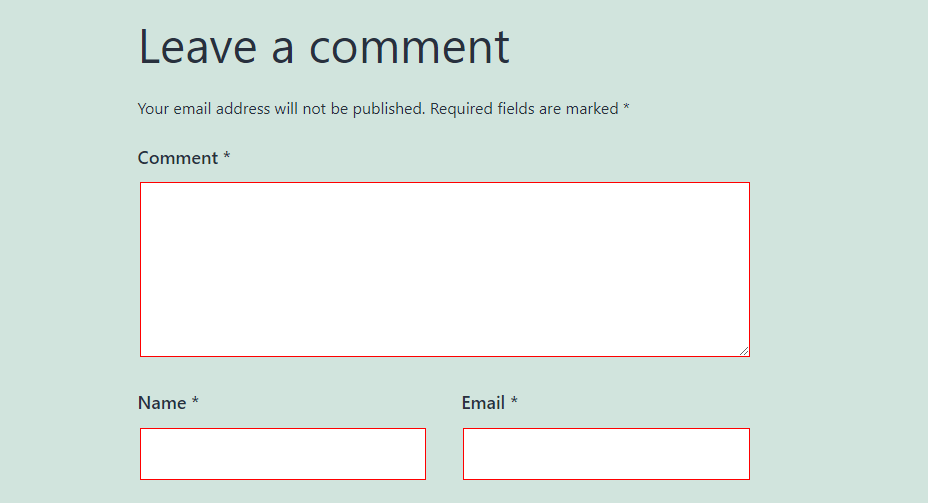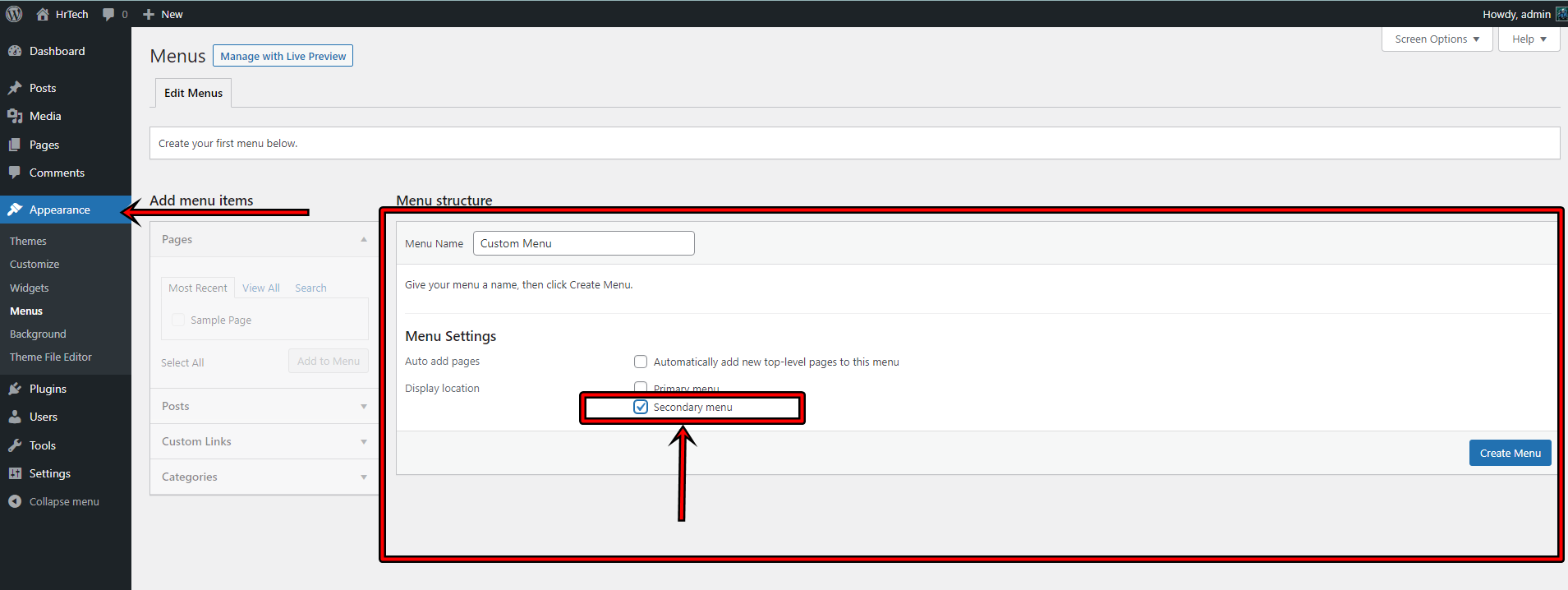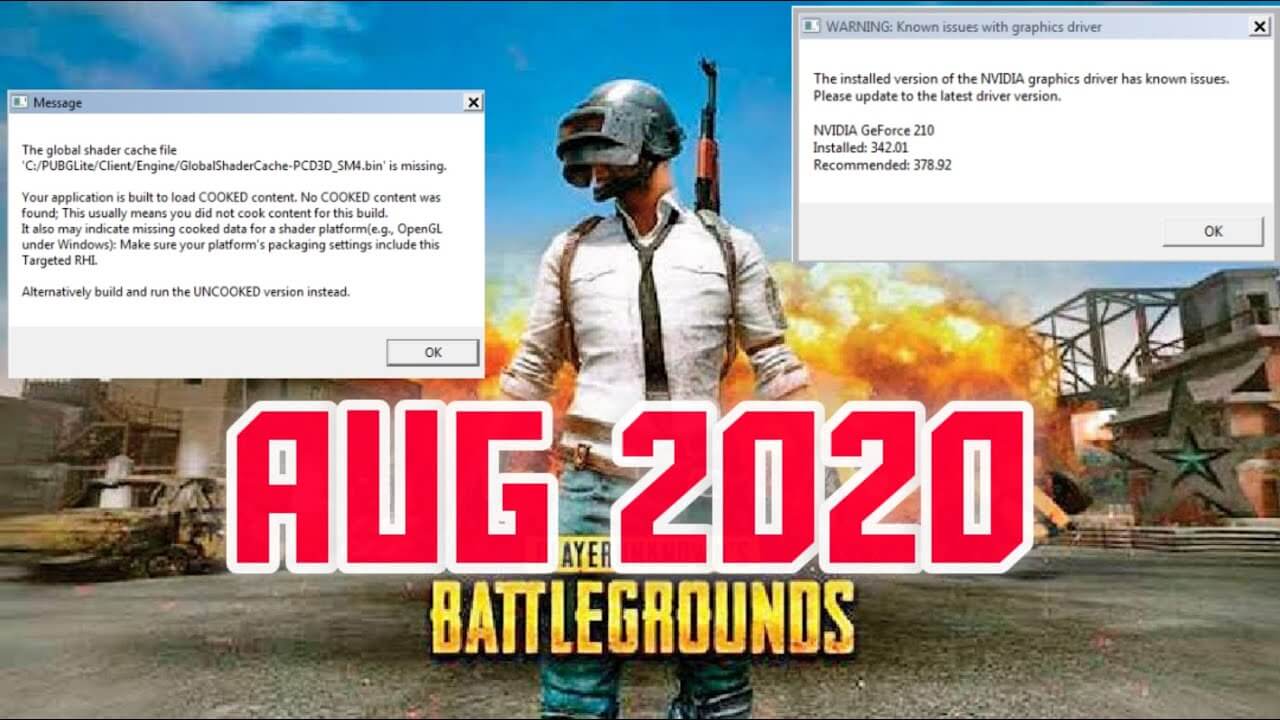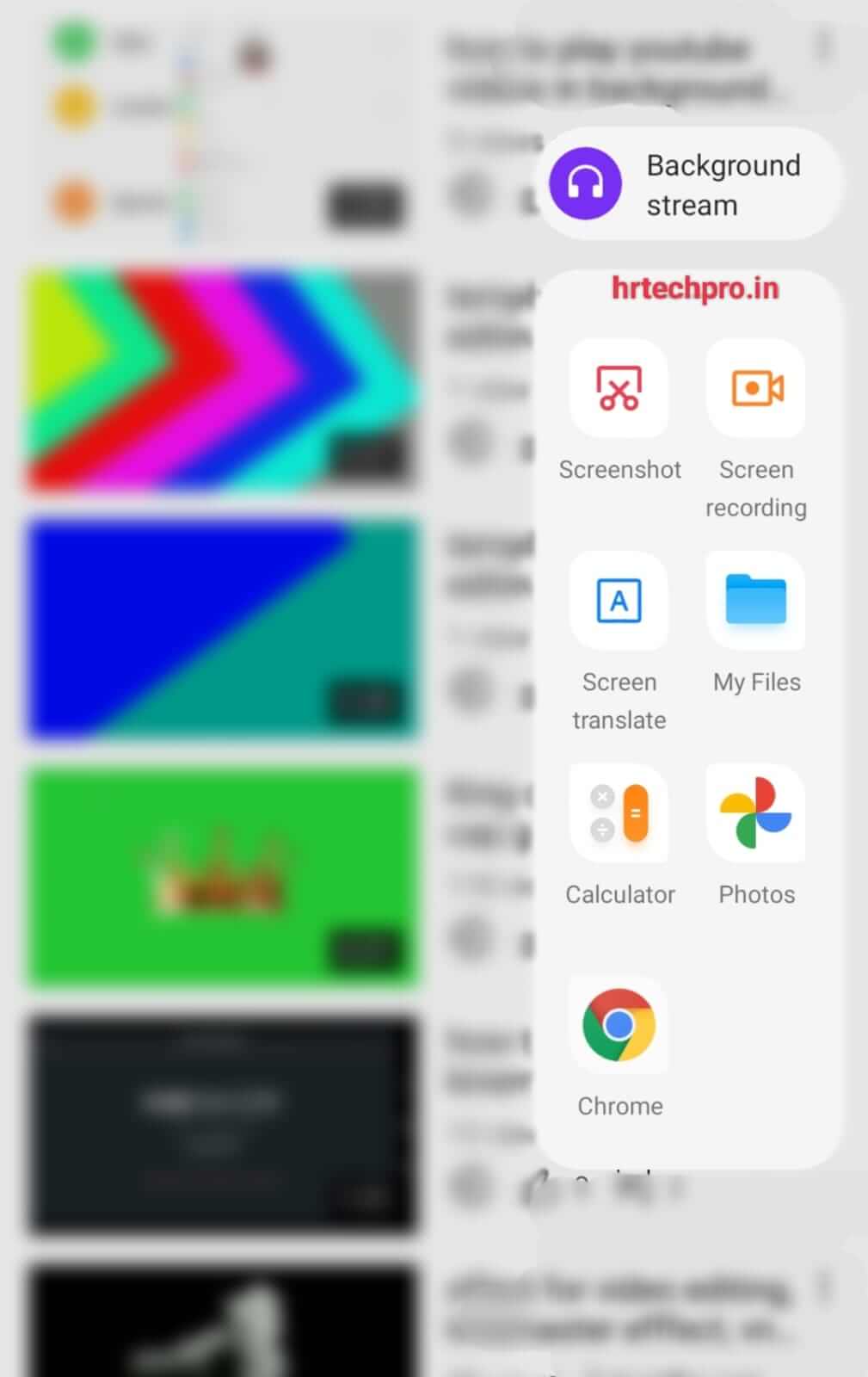How to write clean code for any language?
Writing clean code is important for any programming language, and here are some general tips that apply to writing clean code for any language:
1. Use meaningful names: Use meaningful and descriptive names for variables, functions, classes, and other programming constructs. This makes the code more readable and understandable.
2. Keep functions short: A function should ideally perform a single task and be short enough to fit on one screen. This makes the code more modular and easier to understand and modify.
3. Comment your code: Use comments to explain what the code does and why it does it. This makes it easier for other developers (and your future self) to understand and modify the code.
4. Use consistent formatting: Use a consistent formatting style for your code, including indentation, spacing, and naming conventions. This makes the code more readable and easier to understand.
5. Avoid duplicate code: Duplicated code can make the code harder to maintain, so try to avoid repeating code wherever possible. Use functions, classes, or other constructs to encapsulate reusable code.
6. Keep code simple: Keep your code simple and straightforward. Avoid complex or convoluted solutions to problems unless absolutely necessary.
7. Test your code: Write automated tests to ensure that your code works correctly and as expected. This can help catch bugs early and prevent regressions.
8. Refactor regularly: Refactor your code regularly to keep it clean and maintainable. This means improving the structure of your code without changing its functionality.
9. Follow best practices: Follow best practices for the language you are using, including code style, architecture, and design patterns.
By following these tips, you can write clean and maintainable code that is easy to understand, modify, and debug, regardless of the programming language you are using.







